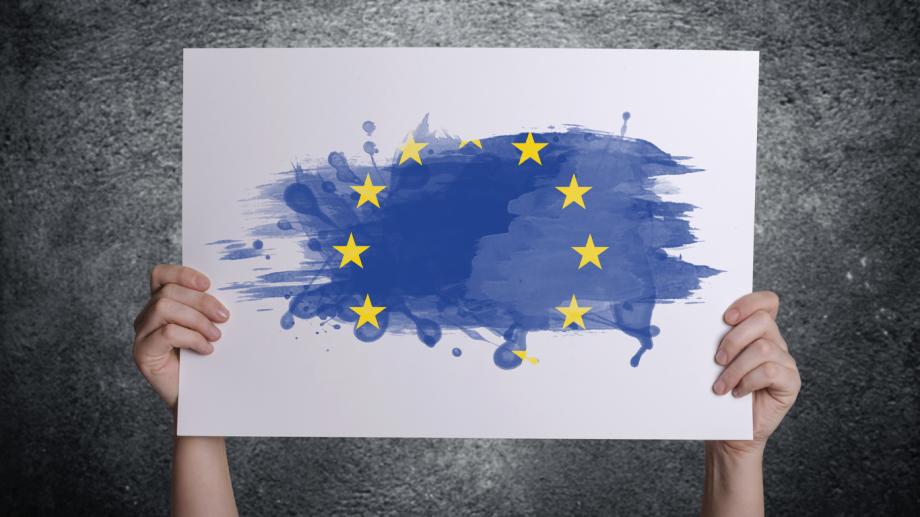Achieving Resilient, Recovered and Reformed Europe: A commentary

*This commentary is based on a discussion during “Resilient, Recovered and Reformed European Union in the Post-COVID19 world” side event during GLOBSEC Forum 2020.
The COVID-19 pandemic has led to numerous challenges not dealt with before, and more severe than ever. Public health is suddenly becoming a very serious security issue. European economies are yet to feel the full extent of the slowdown of output and consumption. Lack of effective governance has been also exposed.
Even before the outbreak of COVID-19 there was a feeling that Europe is at a crossroads. The international environment has been changing with global power shifts, democratic values questioned, and the liberal economic model experiencing a backlash. Internally, even before the pandemic, the European member states were diverging more often than converging on common policies. The Union was still trying to figure out its new ‘life’ after Brexit.
We are, however, in an opportune moment to act for the future of the European Union. The COVID-19 outbreak has certainly increased the level of urgency to not only recover from the pandemic but also reform the EU into a resilient and desirable alternative.
What kind of Europe do we want?
Partly, the question can be answered through the upcoming Conference of the Future of Europe. The involvement of European citizens is a necessary condition (although not sufficient) for advancing changes in the EU. Open-ended citizens’ discussions are a step forward from the existing theme-specific dialogues. Yet, several sensitivities must be addressed.
First, while the Conference is geared towards citizen participation, it is essential that EU and national institutions are actively engaged, listen, provide validity for the process, and take responsibility.
Secondly, past attempts to engage citizens have revealed that most participants are already positively inclined and active in Europe. It is important though to reach citizens that are more skeptical and less knowledgeable about the EU, while striking a careful balance not to legitimise extreme political movements.
Thirdly, it is noticeable that past enthusiasm among citizens about the importance and necessity for a European project has fizzled out. There is no sense of higher purpose or urgency for action. Strategic communication is imperative for informing and educating European citizens, sparking again their eagerness. It is about ‘visionary branding’, through the involvement of trusted and relatable personalities and outlets.
Zooming out from the role of citizens in addressing what kind of Europe we want; it can be observed that the current European project needs changing. Reforms, however, should be focused and based on lessons learned and the shifting international environment. This does not automatically mean “more Europe”.
First, the COVID-19 pandemic has exposed the fragility of the EU’s international position (e.g. in relation to China). Thus, the conversation about European security has entered various domains: defence, trade, digitalisation and public health, to name a few. Consequentially, defining and enacting some form of ‘European strategic autonomy’ could potentially strengthen the EU’s international role (note: there is much to be discussed on the topic in the future).
Second, in the realm of the European common foreign and security policy (CFSP), the decision-making process is too slow and often stalled, hindering the EU’s ability to act fast. While the current model of compromise and negotiation has benefits, allowing for common resolutions, the results are often perceived as weak (diluted) in the international environment.
Third, just as citizens need to regain their spark about the European project to push for reform, member state governments will have to strip down the belief that the EU will continue to have the same international influence and that the same global institutional settings will be sustained in the future. Such a realisation should lead to an impetus for finding a better model for the European CFSP.
To achieve a resilient, recovered, and reformed EU, we need to start thinking strategically. This means to distinguish where common ground exists and to move quicker. It also requires carefully taking stock on competences and where there is a need for a stronger EU mandate, and where a national mandate should be prevalent. Strong trust among all levels from citizens, through national governments to EU institutions is imperative. And such can be gained when each takes responsibility for their role and actions.

Institutional Funding Officer